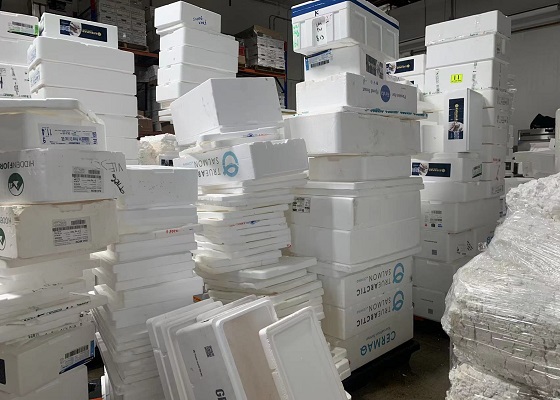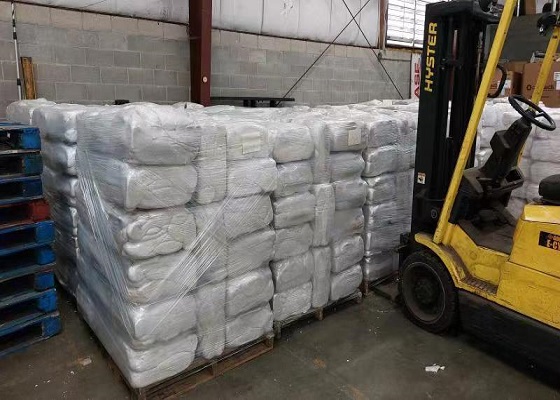On October 19th, EPS-IA will organize an industry roundtable in Washington, D.C. that discusses EPS insights and development strategy. At the conference, attendees will deep dive into issues about environment and dedicate to develop a collaborative industry platform that will promote sustainable development and practices to keep the world beautiful.
EPS foam has become major source of the environment pollution which mainly due to the improper disposal of waste foam products. It is difficult to process and transport due to its light-weight and bulky nature which is the main reason many recyclers reject foam recycling. EPS is non-biodegradable and can persist in the nature for approximately 200 to 400 years, hence, recycling EPS foam is a vital task which need more governments, regions and individuals to participate in the recycling project.
According to the U.S. Environmental Protection Agency (EPA), Americans produced approximately 80,000 tons of EPS foam containers in 2018 alone, of which less than 5,000 tons were recycled. Only through recycling, can EPS foam get properly disposed of. As a furniture distribution company committing to recycling and environmental protection in the USA, Top-Line Furniture Corp found a new resolution to the increasing volume of EPS waste which because of the swift expansion of the business. After in-depth market research, the team of Top-Line Furniture Corp unanimously agreed to establish cooperation with GREENMAX who is the world’s leading company supplying all-in-one solution and customized recycling machines to EPS recycling. At present, this furniture company don’t have to worry about the disposal of the loose and bulky EPS foam waste which can be recycled into dense blocks or ingots instead of ending up in landfills and oceans.
GREENMAX is an expert in recycling waste foam that provides different series of EPS recycling machines. Every machine is equipped with a crusher, which can crush waste foam and compress it into compact blocks at a ratio of 90:1 or 50:1. These ingots can be sold for recycling and reproducing to make framing products, construction molds, and more. Recycling EPS is one part of every individual’s responsibility which is not only a method to protect the nature, but also ourselves.


